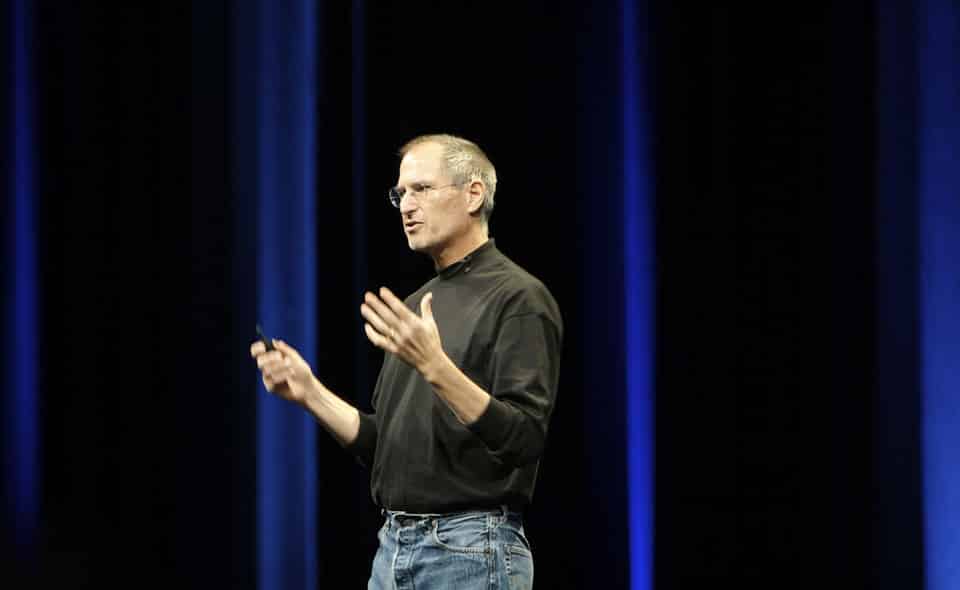Your company is your baby, it’s your vision; you know what you want from it and you know how to get there. So why can’t you continue being the founder and CEO of the company? Well, some can, but others can’t. How do you know which path is right for you?
Many founders end up being successful CEOs while others are fired or relegated from the CEO position because VCs and board members don’t believe that they have it in them to take the company to the next level, especially when that next level is going public. Some have the foresight to leave on their own, knowing their own strengths and limitations.
Doing it All
Many founders want to do it all, and do it by themselves. As Rob Hayes, partner at First Round observes, founders typically delay hiring senior staff, doing all the work themselves. This can be detrimental to business growth, especially when the founder is focusing on an area which is not her core competency. The founder’s strength becomes a distraction from business critical priorities that actually require her attention. That’s precisely what Aaron Patzer founder of Mint wanted to avoid. So he hired Aaron Forth as CEO. Patzer realized that he wanted to focus on the product, so he brought in an expert to run the business.
Replacing Founders with an experienced CEO is not uncommon. Even big names like Steve Jobs, Andrew Mason (Groupon), George Zimmer (Men’s Wearhouse), Dov Charney (American Apparel) have all been removed from their CEO roles at some point in time. Some self-aware leaders like Patzer and Reid Hoffman (LinkedIn) have voluntarily stepped aside, knowing their own limitations and keeping the long term vision of the company in mind.
The Founders Dilemma
According to a study by Noam Wasserman, professor at Harvard University, founders who were motivated by making more money usually tended to bring in CEOs early on, while those who were motivated by control were more likely to lead the business themselves at the expense of increasing its value. In his article The Founder’s Dilemma, Wasserman reported it was rare for Founder-CEOs to run their companies successfully in the long term. Less than half were still in the role of CEO after 3 years, and less than a quarter of the CEOs who took companies public were Founder-CEOs.
Of course some founders do make exceptional long term CEOs while others relinquish control pretty quickly. Mark Suster, partner at Upfront Ventures acknowledges that the road in-between – managing as CEO and founder for the first five years or the first $30-50 million are satisfactory enough for many founders who are then much more comfortable bringing on a more experienced leader for the next phase of growth.
Is the CEO role right for you? See if your passion lies in leading the company:
- Are you as aligned with the vision of the company as you were when you started it?
- Are you motivated to grow it to the next level?
- Do you have the capability to lead into the next phase?
- Where do your true strengths and passion lie – product development, sales, operations?
- Are you still bringing your A-game every day?
When in doubt, seek help from your board, advisors, mentors and friends. It’s not uncommon for founders to return as CEOs later in the company’s lifecycle. It’s never over, until it’s actually over. What really matters is being prepared long before the end game nears, and choosing your destiny before someone else chooses it for you.
Photo Credit: Ben Stanfield














